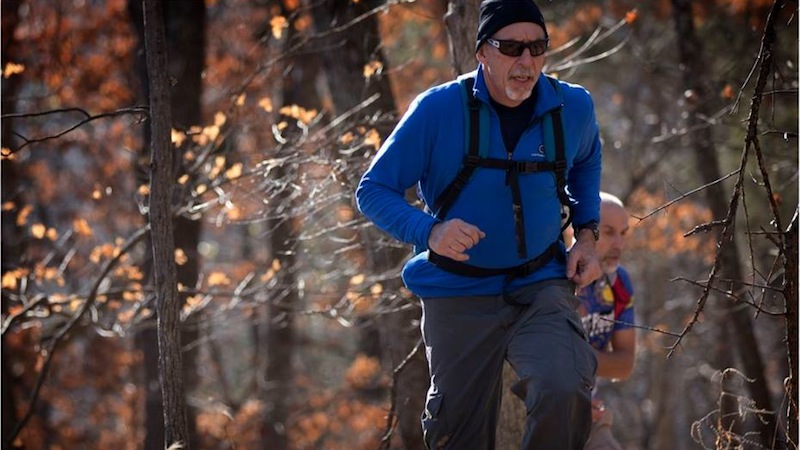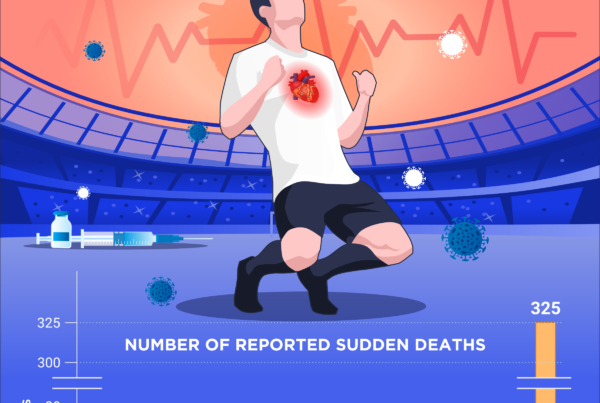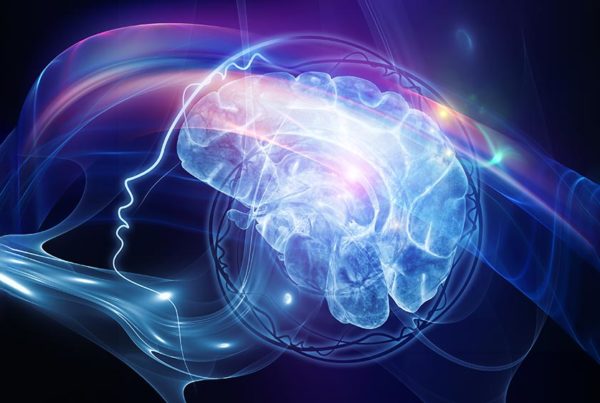
‘Endurance Executive’ Bill Coppel gives his take on time, human performance, money, happiness and living life to its fullest.
We’ve all heard the adage: “Time is money.”
Endurance executive, triathlete and adventure racer William “Bill” Coppel takes that phrase to Ironman extremes.
“Time is the most valuable commodity on the face of the earth. Bar none. Time is a finite resource, a person cannot get time back, and once it’s gone it’s gone forever.”
That’s heady stuff for a man who is a top executive in the financial services industry, and regularly works with some of the most successful financial advisers and wealth-builders in the world.
“We squander time in ways that are mindless,” he says.
Einstein also told us that time is relative, but how does one get the most out of time?
The key is through well-being, says Bill, who follows the MAF approach to health and fitness, and who, at 60, is now beginning to see the value of true endurance in all aspects of life — including in his job and as the father of two children ages 9 and 11, and two grown children 25 and 28. His passion for wellness and well-being now reaches far beyond his original motivation of triathlon — he still finds himself on the podium quite regularly — and even his newfound passion for adventure racing.
What’s remarkable about Bill is that in world of hard numbers and ruthless competition he has managed to chart a course for a new breed of “endurance executive” who can compete with algorithms and robos by promoting wellness and ultimately well-being.
As part of the program he is developing for the company he works for, Bill has incorporated the notions of well-being and executive endurance into the lives of financial advisers all over the country, and brought Dr. Phil Maffetone in as a speaker at his forums, even forming groups to participate in Phil’s Two Week Test.
Phil says it’s easy to see how this concept of improved human performance can help any business, no matter how diverse, and notes he has used this approach with the military, sports teams and many other organizations, including students.
“In order to improve health, whether one person or a whole economy, a high level of human performance is required,” Phil says. “The benefits go beyond better decision-making. It means more and better ideas and the ability to carry them out, improved productivity, and reduced injury and disability. It enables us to continue our efforts until they are almost perfect, which means there’s still room to improve, while building success one click or one brick at a time.”
In the case of selling this notion to financial advisers Bill uses a pay-it-forward strategy. Once he “infects” a financial adviser with the concept of well-being, that person then spreads it to his or her clients to help them have a better and healthier attitude toward their money and ultimately their life — it’s all about living the best possible life.
“Once someone is infected with the concept of well-being they become a carrier of well-being and infect their clients with the notion of well-being” he says. “The most powerful thing a financial adviser can have with a client, to leverage what computers can’t do, is to have an emotional connection with a person. People value advise from a human being.”
Bill says the concept of well-being has parallels in business, sports and life in general.
“If you cannot get your physical and mental engines functioning optimally, there is no way you can possibly achieve maximum performance in life.” He says this includes athletic goals, as well as family, friendships, community, and professional and personal relationships.
“Our ability to perform optimally impacts each of these components of our lives,” Bill says. “The simple equation here is that if you don’t take care of yourself both mentally and physically you are unable to maximize the opportunities presented by these relationships. Your ability to positively impact other people’s lives is compromised when your own performance is challenged by imbalances in your own wellness and well-being.”
For Bill, time and again building and maintaining optimal human performance gets back to the basics he’s learned over many years of following the MAF Method: Diet and nutrition, aerobic-based exercise, stress-management and good sleep patterns.
“The beauty of it as I get older, and as I think about it more actively, the less I take for granted this notion of ‘endurance for life,’” he says. “I fully believe I will live another 60 years and I live my life as if I will live another 60 years. The only way I can do this is if I live life optimally.”
Unfortunately, Bill says he sees so much of society around him doing the opposite, not living optimally, and he believes this is the root of many of the problems we face politically, culturally and as a society in general. He says there’s a tremendous imbalance due to unprecedented stress levels, a lack of adaptation to the 24-hour digital world, and a general lack of happiness.
And this money guy is here to tell you that all the money in the world cannot buy happiness. Bill is quick to rattle off facts to support this, noting that from 1957 to 2011 the purchasing power of Americans nearly tripled but if you poll them those who say they are very happy went from from 35 to 29 percent, according to University of Chicago’s National Opinion Research Center.
In one study by Edward Diener, PhD., professor of psychology at the Universities of Utah and Virginia, billionaires who were asked to rate their happiness on a scale of 1 to 7 averaged 5.8, only slightly above the American average, and three out of 10 were less happy than the average.
“The relationship between happiness and money is indirect,” Bill says. “However, the relationship between well-being and human performance is direct to people’s happiness.”
The average American believes he or she needs about 40 percent more income to be happy, but this is just not true, he says, quoting Steve Moeller’s Endorphinomics: The Science of Human Flourishing.
So, what is the key to happiness if it’s not money?
It’s having a purpose, positive relationships, and engagement in and with life and creating positive life experiences, says Bill.
“”Life without these elements makes it difficult to achieve full happiness,” he says. “We also have found that when people spend money on life experiences as opposed to objects it makes them happier.”
He says this, along with the quest for a sense of mindfulness, explains the boom in endurance sports such as triathlon and adventure racing, another athletic endeavor which he has recently taken up.
“All these endurance sports are huge today. People are looking for ways to spend their time to create to experiences, he says. “Time is more valuable than money and money cannot buy you time — people are doing these things because they are trading currency for experience.”
On a personal level, Bill says adventure racing has reawakened his awareness of the environment. “It has actually rekindled my ability to see things,” he says, noting that when he first started in the sport and was deep in the woods charting a course with his compass, all the trees seemed to appear the same. As his awareness to the world around him improved he suddenly became aware that the trees are all unique. This made him realize so many people are going through life completely blind to the world around them, and to a large degree he believes this is due to the increasing presence of digital media.
“We need to become better at balancing all aspects of our life,” Bill says. “Twenty-four hours a day with a smart phone affects how you eat, how you sleep and affects the level of stress you’re subjected to continuously.”
Ironically, he notes that the most successful digital businesses today are those which have found a way to sell time back to people. As an example he offers that Uber does not own a fleet of cabs. Air BnB owns no real estate. Facebook owns no content.
“E-share commerce is all about time. It’s all about selling you time back,” he says. “In the digital world time is even more emphasized as a shrinking commodity — with digital, time is rushing by.”
So what’s real wealth in a this world where money cannot buy happiness and digital media is literally stealing our time?
The answer is to live life to the fullest, says Bill. And while he coaches financial advisers to do this, it applies to anyone. Part of this whole concept of well-being is trying to create more value for people — there’s no correlation between the quality of life and money, he says.
“In our industry if we are going to be successful as human beings across all aspects of life, we must first pay attention to our own well-being, he says. “The ability to perform at optimal levels has a direct impact on everything you do personally and professionally. I am a firm believer in this and it has been my guiding principal for the last decade.”
In effect, Bill has found a holistic and organic way to sell back time to financial advisers, who in turn sell it back to their clients. Channeling Einstein, time is relative in the form of living more optimally, having better experiences and relationships with family, friends, community and in the workplace, and maybe even living a longer and healthier life.








